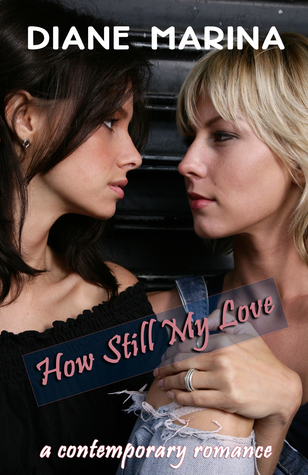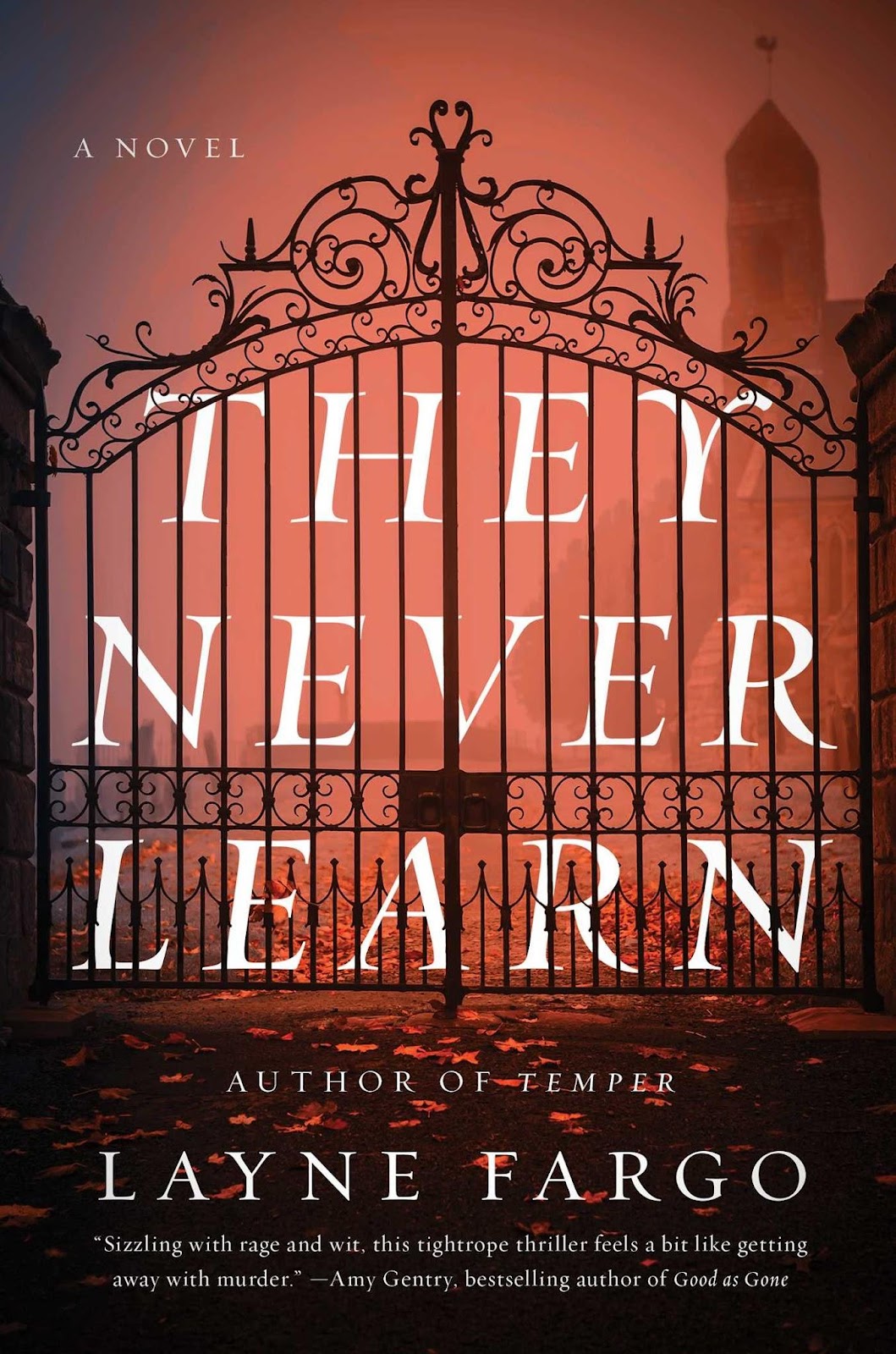I know I will be judged for this, but Jodi Picoult is one of my favourite writers. She may not be a favourite of the critics, sure, but she has a huge fanbase nonetheless because people like stories that are plucked from the headlines. Stories that are relevant, stories that matter. Picoult has covered the death penalty (Change of Heart), “test-tube babies” (My Sister’s Keeper), school shootings (Nineteen Minutes), date rape (The Tenth Circle), so on and so forth – so it was really only a matter of time till she came to write about LGB issues.
The trouble with beginnings is that they have to end
Never thought I’d be the girl who said, “Remember when?”Sing You Home tells the story of Zoe and Max Baxter, an ordinary couple trying for a baby. Their marriage eventually dissolves from the stress, and Zoe finds her way into the arms of another woman, Vanessa, while Max finds solace in an evangelical church that is – surprise! – strongly anti-gay.
There is a lot of ground covered in this book; you could probably label the overarching themes as “religion” and “sexuality” but the heart of the book lies in the finer issues: later-in-life lesbianism, fertility & birth, embryos vs. “pre-born children,” parental/familial support (or lack thereof), religious media grandstanding… the list goes on. It makes for a very compelling read to see how everything comes into play in the lives of the 3 main characters, and Picoult’s skill lies in making us feel for the real, ordinary people at the centre of this maelstrom who never asked for any of it. At the same time, I did also feel that the book was somewhat rushed and touch-and-go at some points, especially when compared to the much slower pace her other novels take. (Then again, this does tie in with the U-Haul lesbian stereotype.)
Picoult does her best to present all sides of the argument fairly, and I did enjoy reading the religious side of things because like anyone else, I am more receptive to words delivered non-threateningly on paper than yelled in my face, even if those words on paper talk about people in the book yelling things in other characters’ faces. The sheer amount of hostility in the Real World would make anyone hesitant to step out from their comfortable bubbles among like-minded folk so it’s always good to have more balanced reads. However, have no doubt that Picoult is firmly in the bleeding-heart liberal camp. Some of her pro-LGB arguments are delivered with the subtlety of a train wreck, and it is immediately apparent that the book slants this way. It might be easy enough for you to figure out how the book ends, but as with any other Picoult book in which plot twists greet you at every bend, don’t presume to know how it’ll get there.
Big Brother’s in my living room, offering critiques
Pastor yells and tells me I should turn the other cheek
Census taker says there is no label for my sin
Doctor’s office will not let me be the next of kin
It’s a different drummer, but still the same old song
What part of this ordinary life is wrong?I am not a poster child, I am not a cause
I won’t be a scapegoat while you rewrite the laws
I know what makes a family, I don’t need it defined
What’s missing in your life
That makes you take away from mine?My favourite part of the book is definitely the accompanying original soundtrack written by Picoult’s friend Ellen Wilber, available for download online. (The italicised bits in this review are lyrics and not text excerpts.) Before getting to Sing You Home, I’d read Melissa Etheridge’s The Truth Is…: My Life in Love and Music and thought that that book would be so much better with a soundtrack (for obvious reasons) – and then the next book I chose just so happened to have one! It may sound like a queer concept (pun intended), but Zoe is a music therapist in the book and so the songs actually blend in really well with the text as you follow her journey. You won’t miss out on anything if you choose to give them a pass, but I wouldn’t recommend doing that.
Every life has a soundtrack.
There is a tune that makes me think of the summer I spent rubbing baby oil on my stomach in pursuit of the perfect tan. There’s another that reminds me of tagging along with my father on Sunday mornings to pick up the New York Times. There’s the song that reminds me of using fake ID to get into a nightclub; and the one that brings back my cousin Isobel’s sweet sixteen, where I played Seven Minutes in Heaven with a boy whose breath smelled like tomato soup.
If you ask me, music is the language of memory.
Sing You Home isn’t the most powerful piece of LGBT literature – I’m sorry to say this, but at points it does become pretty clear that it’s written by a straight writer and a couple of tropes I thought were long dead were rehashed in the book – but it’s a good read and, I believe, an important one. Why? Picoult is a popular, respected mainstream writer. People who may have otherwise steered far, far away from these issues will be drawn to this book just because this #1 New York Times bestselling author wrote it, and she deals with it with more sensitivity and respect than I could have ever asked for.
It only seems appropriate then that I end with this: thank you, Jodi Picoult.
We wouldn’t have a future
If I never had a past
You may not be my first love
But you’re gonna be my last
Thank you so much for the review, Orange Sorbet! You can find Orange Sorbet’s blog here, and the original post of this review here.
If you’d like to submit a guest lesbrarian review to the Lesbrary, click here!


